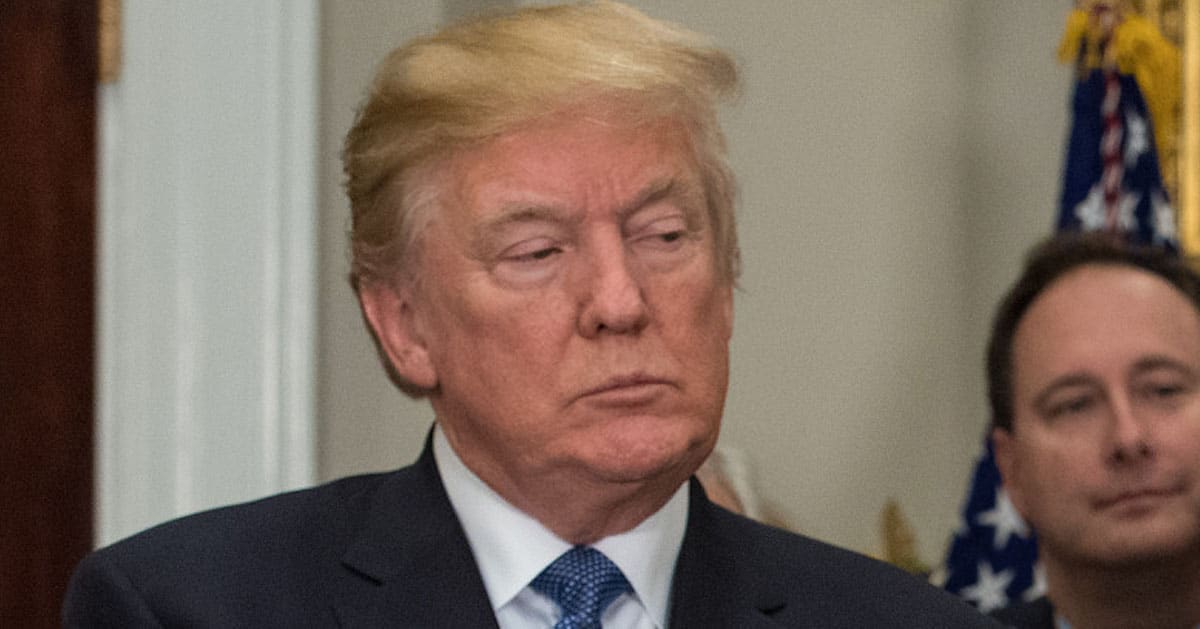



Iran’s audacious missile barrage on Israel’s heartland has left Tel Aviv and Haifa reeling, with eight dead and a US embassy scarred.
The New York Post reported that the pre-dawn assault on Monday wasn’t just a military flex—it was a calculated jab at Israel’s resolve, sparked by Jerusalem’s earlier strikes on Iran’s nuclear ambitions. Yet, the mullahs’ gamble risks igniting a firestorm they can’t control.
Iran unleashed 65 ballistic missiles and swarms of drones targeting Israeli cities, killing eight and wounding hundreds, while Israel’s Iron Dome scrambled to intercept the onslaught.
The attack, a retaliation for Israel’s Friday strikes on Iran’s military and nuclear sites, also drove oil prices up, with Brent crude hitting $74.94 a barrel. Diplomacy, predictably, is now the G7’s buzzword, but words won’t undo the wreckage.
Israel’s pre-emptive assault on June 13, 2025, targeted Iran’s Revolutionary Guard bases and nuclear facilities, killing 224, mostly civilians.
Tehran, stung by the blow, struck back with a vengeance, claiming their new tactics outsmarted Israel’s defenses. Iran’s Revolutionary Guards boasted, “The initiatives used led to maximum hitting of targets,” but such bravado masks the chaos they’ve sown.
Tel Aviv’s Shuk HaCarmel market, usually buzzing with life, became a war zone as missiles shattered nearby residential buildings.
In Haifa, fires erupted near a vital port power plant, while Petah Tikva and Bnei Brak saw homes and a school reduced to rubble. The human toll—287 hospitalized, one in critical condition—underscores the brutality of Iran’s strike.
Guydo Tetelbaun, a 31-year-old Tel Aviv chef, described the terror: “The shelter door blew in.” His apartment, like many, was left in ruins, with “walls caved in, no more glass.” Tetelbaun’s fear of the “unknown” future is a sentiment shared by Israelis now bracing for more.
“It’s terrifying because it’s so unknown,” Tetelbaun added. His words capture the dread of a nation under siege, where shelters offer little comfort against Iran’s reach. Meanwhile, Iran’s claim of outwitting Israel’s defenses sounds more like propaganda than proof.
The US embassy in Tel Aviv took a hit, sustaining minor damage from nearby missile concussions. “No injuries to US personnel,” tweeted Ambassador Mike Huckabee, but the shelter-in-place order for American facilities signals heightened alert. The US, having aided Israel’s missile defense on Friday, now finds itself entangled in a conflict it can’t sidestep.
Israel’s Defense Minister, Israel Katz, didn’t mince words: “The dictator of Tehran has become a cowardly murderer.”
His vow that “Tehran will pay the price, and soon” signals an imminent counterstrike, likely aimed at Iran’s regime strongholds. Katz’s rhetoric, while fiery, reflects a nation fed up with Iran’s provocations.
“The residents of Tehran will bear the cost,” Katz warned, hinting at strikes on Iran’s security infrastructure. Such threats aren’t empty—Israel’s IDF resumed bombing Revolutionary Guard targets on Monday morning. The cycle of retaliation shows no sign of slowing, despite G7 calls for calm.
G7 leaders, meeting in the Canadian Rockies, scrambled to address the escalating crisis. German Chancellor Friedrich Merz noted, “This issue will be very high on the agenda.” Yet, their diplomatic posturing feels hollow when missiles are flying and civilians are dying.
US President Donald Trump, ever the dealmaker, mused, “I hope there’s going to be a deal.” But his quip, “Sometimes they have to fight it out,” suggests a grim acceptance of the conflict’s trajectory. Trump’s candor cuts through the diplomatic fog, but it offers little solace to those in the crosshairs.
Iran’s decision to cancel nuclear talks with the US, slated for June 15, 2025, further dims hopes for de-escalation.
The regime’s focus on military might over negotiation reveals its priorities—power, not peace. Progressive dreams of a diplomatic breakthrough are crumbling under the weight of reality.
Israeli Prime Minister Benjamin Netanyahu, brushing off rumors of backchannel talks, stated, “We do what we need to do.” His defiance reflects a nation that’s weathered decades of threats and isn’t about to blink. Israel’s resolve, forged in fire, stands in stark contrast to Iran’s reckless escalation.
The economic fallout is already evident, with oil markets jittery and Brent crude ticking upward. “It’s more of an oil story than an equity story,” said wealth adviser Jim Carroll, noting stocks’ resilience. But if this conflict spirals, no market will be immune to the shockwaves.



